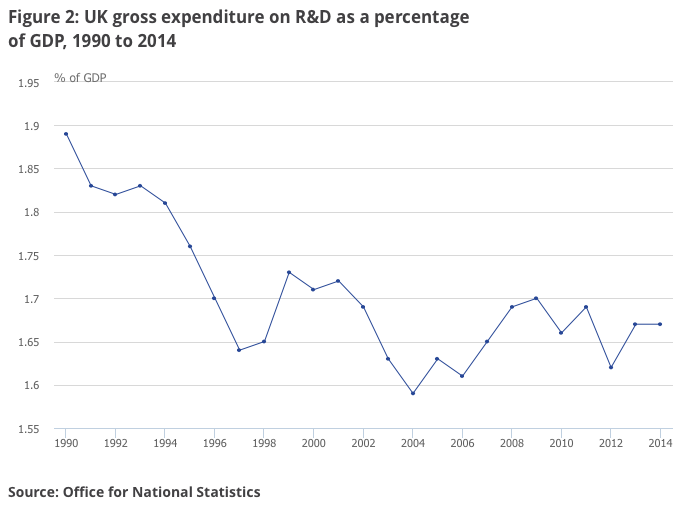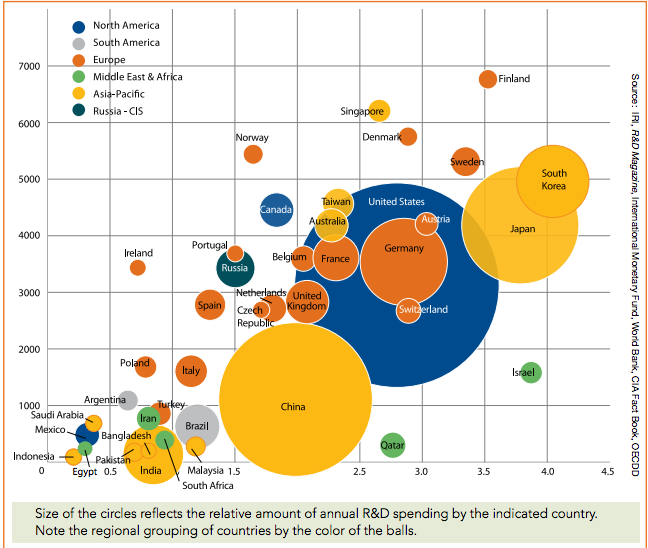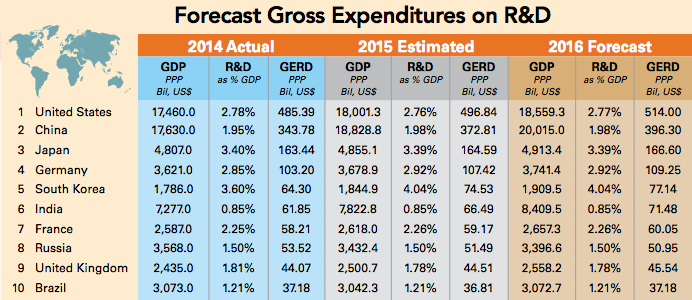 On Wednesday, at 12:30 in the House of Commons, the Chancellor of the Exchequer presented his last Spring Budget, which happens to also be the last Budget prior to the triggering of Article 50 scheduled for later this month.
On Wednesday, at 12:30 in the House of Commons, the Chancellor of the Exchequer presented his last Spring Budget, which happens to also be the last Budget prior to the triggering of Article 50 scheduled for later this month.
The Budget was expected to be simple and safe, with no sudden moves, and it was thought to have lived up to that expectation. Slimmer than usual at 64 pages, the Budget presented only 28 measures – far less than previous Budgets. Hammond kept in line with expectations to commit to balancing the books, and take measures towards social care, the tax system and technology investments. The assumption was that he would avoid any major political blunder as seen in the past (such as Osborne’s Budget), however as responses unfold a potential U-turn may be in sight as many revolt the Tory tax vow broken by Hammond’s hike in self-employment taxes.
One of the central components of the Budget is Productivity: the Government shows through its Budget the recognised link between raising productivity and creating a highly-skilled workforce and thus sets out further actions for the upcoming Industrial Strategy, including announcing investment in research and innovation and developing the UK’s skill base. One action to address this need was the allocation of £300m to ‘support the brightest research talent’. 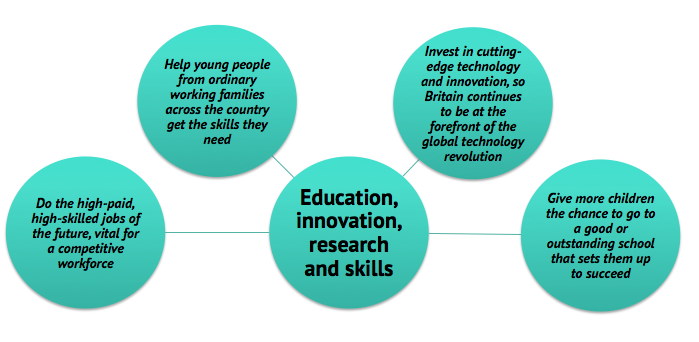
The Chancellor announced that the new Industrial Strategy Challenge Fund (ISCF) – which aims to ‘support collaborations between business and the UK’s science base’, will receive an initial investment of £270 million to support transforming the UK economy. This ISCF will include the investment of ‘£250 million over the next four years to continue to build the pipeline of high-skilled research talent necessary for a growing and innovative economy’. The investment will be used to provide £90 million for 1,000 PhD places in STEM subjects, and maintenance loans for part-time undergraduates. It also allocates a further £160 million to support new fellowships for early and mid-career researchers.
Although the Budget only mentions Brexit once, it clearly demonstrates an awareness for the need to maintain the UK’s reputation as a world-leader in science and research. As such, investments to attract global talent and researchers from ’emerging research powerhouses like India, China, Brazil and Mexico’ were put forward.
At face value, the Budget does do well to emphasise a strong focus on skills, education and research – seen as key drivers to Government’s vision of productivity, fairness and a rise in standards of living for everyone.
However, as negotiations with the EU approach, the reality of EU funds’ contribution to UK research cannot be avoided. Last August, Chancellor Philip Hammond guaranteed British business and universities future funding for projects signed before the Autumn Statement, and committed to ‘match the current level of agricultural funding until 2020’.
The Royal Society published a report prior to last year’s Referendum, demonstrating the role of EU funding in UK research. Between 2007-2013, ‘the UK received €8.8billion in direct EU finding for research, development and innovation activities’. We are one of the largest recipients of EU research funding.
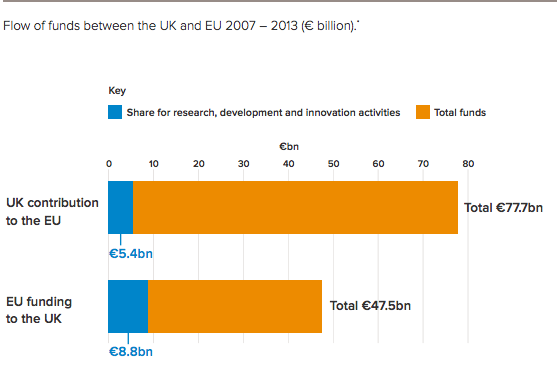 Source: Royal Society, p12
Source: Royal Society, p12
The issue is not how much we receive from the EU, but rather how quickly our dependency may be alleviated. Using World Bank data, findings suggest that the UK has one of the lowest expenditure (% of GDP) amongst key competitors such as France, Germany, and the US in every year between 2011 to 2014. Rather, it better fits alongside Russia and China, although China is ahead of the UK and growing.
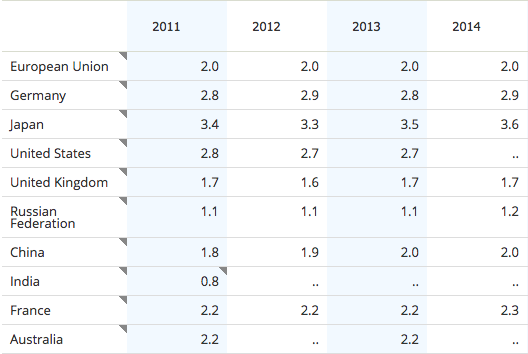
Source: World Bank DataBank
These figures from the World Bank DataBank are supported by the OECD, in which the UK’s R&D investments are well below the OECD average, and far behind the strongest economies.
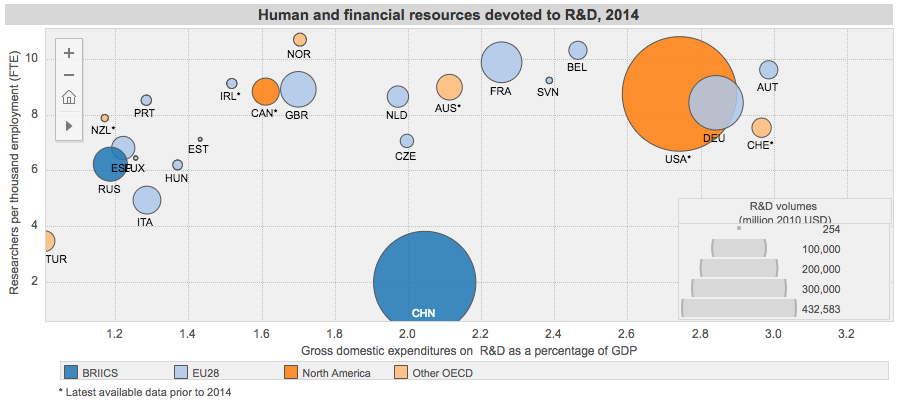

Source: OECD, 2016 Edition of R&D statistics
Indeed, the UK Office for National Statistics shows that in 2014 the gross domestic expenditure on R&D, in constant prices, increased by 3% compared with 2013. This was after the Office revealed a dip in UK R&D spending in 2012. This aside, data shows the level of expenditure between 1998 and 2014 has only ever fluctuated between 1.59% and 1.73%.
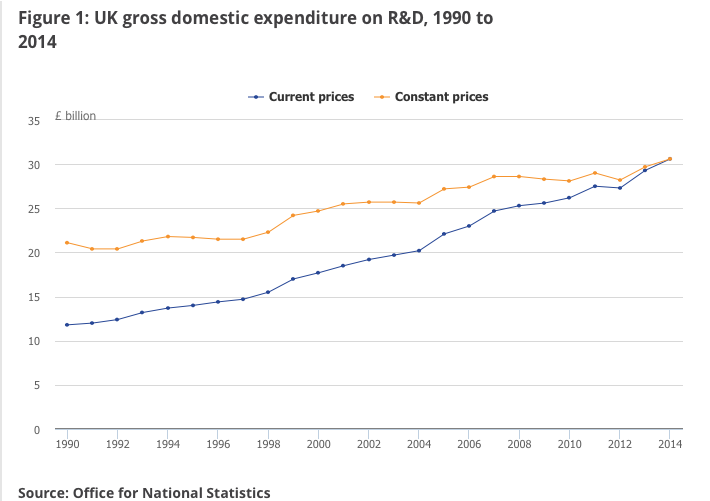
While the UK maintains a world leader position in terms of researchers, accounting for 72% of all researchers together as part of The Big Five, its vision for long-term balanced growth, innovation and high-skilled jobs needs to be supported by strong investment. The UK has the second most Nobel Prizes after the US with 116 overall and 18 since 2000.
Last year, the Industrial Research Institute published their 2016 Global R&D Funding Forecast, which forecasted that the US R&D spending is expected to increase by 3.4% to over £423bn, and China a 6.3% to over £325bn.
While the Chancellor’s Budget is commendable in terms of its focus on productivity and backing this with extra investments, a key vision – in an acceleratingly competitive world with research, innovation and skills high on the agenda – should focus on ensuring the UK R&D expenditure increases in line with the strongest economies. Particularly now.
